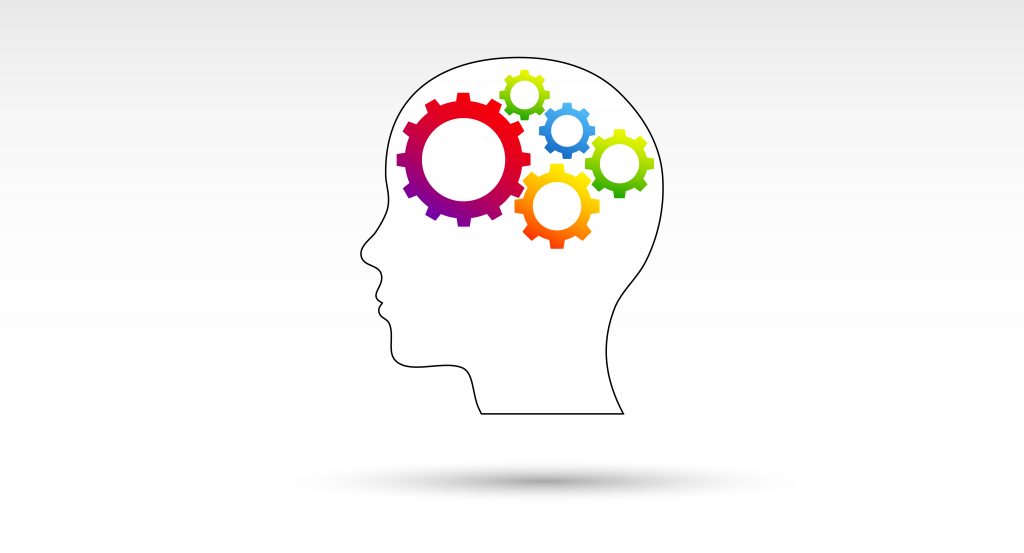Any tool can be used by people to create or destroy; it all depends on the person. Humans are the major agents of impact and change on our earth. We are in control of our destiny. When we are all told that we are in control of our emotions, we agree. We are the ones in control of our behaviour, our decision making. So when someone tells you that in fact there are external factors which actually change the way you think, the decisions you make, we get rather defensive and believe this to be untrue. If you are completing a task as something as mundane as filling out a form, you are the one who decides which box to tick and which box not to tick… or are we? Are we living under the impression that our decisions are merely illusions?
Now there are people who have dedicated their professional and academic lives to this line of thought and have created the apt term, ‘Decision Illusions’. Given my area and field of expertise with advanced online marketing and entrepreneurship it all got me thinking, ‘how can this idea of social influence be used to help SMEs’? Business success, after all, depends on the consumers’ ability to make a choice, to make a decision, to use and purchase that business’s product, or their service.
It’s the study of behavioural economics and I am fundamentally curious with how this can impact online conversion. It is possible to create a landing page or a check-out system which actually encourages consumers to click ‘buy’ or ‘quote’ on a semi-subconscious level. Importantly, this is not the manipulation of behaviour. It is, rather, having an understanding of the environment that surrounds us and using this to provide the choice, the option, for people to make a particular decision.
This is when the anxiety of choice comes into play; the ideology of choice is very successful in opening for people a space to think about an imagined future. If I buy this, this will happen. Or, I could only have this product or service if I see myself in a particular light. Even our relative forms of perception factor in. The key is that you can’t just think about what you, as a business owner, are providing on your end of the transaction. You must think about the environment of the customer. In an insightful and thought provoking blog written by Irrational Labs, I came across this quote, “Instead of asking yourself or others what you want to do and why, start analysing the environment in which you are trying to be successful” (2014).
I have pondered how to best ascertain a consumer’s external environment and, I am convinced that cleverly written and well executed surveys are a great starting point. For example, Dan Ariely, author of the New York Times Bestseller ‘Predictably Irrational: The Hidden Forces that Shape Our Decisions’, enjoys using the following example in a Ted Talk to explain what behaviour economics can do. Throughout Europe, as with countries all over the world, government departments have organ donation forms which people must complete and sign off on as to whether they want to be organ donors, or not. The countries which experience the highest organ donations, in comparison to the countries which had low rates, only did one thing differently. That one thing was a simple word added to the organ donation form (Ariely, 2008). Hard to believe, but true.
If something so seemingly insignificant can change the course of people’s abilities to make decisions, imagine how this science can be used elsewhere. It really makes you think what small detail you could be missing which could make all the difference to the success of your business.

